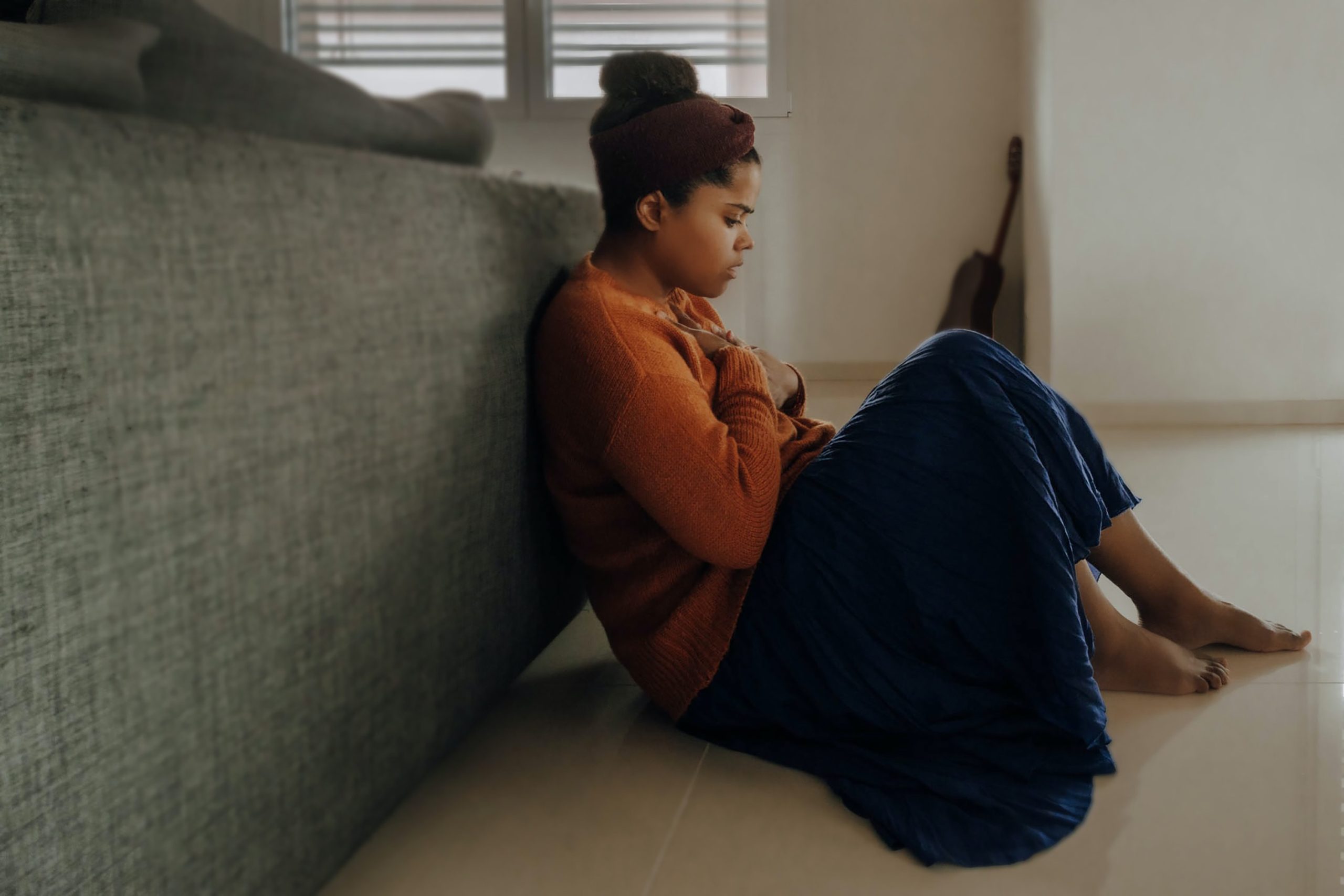
By Dr. Sophie King-Hill, Senior Fellow, Health Services Management Centre, University of Birmingham.
“Speaking and listening to children and young people about sex and relationships is key in supporting them to make informed decisions about their choices, contributing to the reduction of harmful sexual behaviour.”
As noted recently in the press, harmful sexual behaviour in children and young people (CYP) is rising. In 2011 (in England and Wales), 8.2% of 5977 sexual offenders were under 18. Across 38 police forces, in 2017, there were 30000 reports of CYP sexually assaulting other CYP (with 2625 of these being in schools). Peer-on-peer sexual assault had risen from 4603 in 2013 to 7866 in 2016, with only 26% of the latter resulting in intervention. Representing a 71% increase over four years. However, there is no national strategy to address harmful sexual behaviours in CYP. Recent news headlines highlight how much teachers are struggling to combat sexual abuse in schools. Relationships and sex education (RSE) was made compulsory in 2020 yet due to school closures it hasn’t been extensively implemented. Coupled with the recently highlighted rape culture in schools it’s important to consider what can be done.
Talking about it
The first steps in tackling this is to recognise and talk about the issues. It is also paramount to listen to children and young people. Speaking and listening to children and young people about sex and relationships is key in supporting them to make informed decisions about their choices, contributing to the reduction of harmful sexual behaviour. Recent lockdowns have inhibited RSE for children and young people and the impact of this is yet to be seen. Schools are at the forefront, yet blaming schools is unhelpful, although school input is important. Schools cannot tackle this issue alone. Parents/carers are told to ‘educate their boys’ and whilst education is key, it requires support and for all genders to be educated on these matters. This is especially pertinent now when they are still reeling from the impact that Covid-19 has had upon them. Research suggests that the more information that children and young people have, the more likely they are to delay sex and make informed choices around this. More needs to be done to tackle rape culture in schools and the gender disparity of sleaze culture. The way through this is talking to children and young people about sex from an early age. However, it is also important to recognise that whilst schools are asked to provide RSE, individual teachers may find this difficult – with very little training in this area. It is useful to recognise that some individuals won’t be comfortable with this topic and therefore the education provided will fall short. Rather than blame individuals for this, we have to take a step back and recognise that there are many historical reasons why the mutual exclusivity of children and sex makes discussion on this topic difficult.
Standing together
Additionally, consideration needs to be given to how different genders are perceived within current culture and how this also contributes to the current issues. There has been a large amount of rhetoric lately concerning the safety of females and implications of men within this. Whilst the majority of sexual offences recorded are carried out by males, the blame culture that currently collectively surrounds men requires deeper consideration and the dialogue across all genders needs to be open and frank. Looking for blame, rather than solutions, closes the lines of communication when everyone should be working together for equality. Anyone should feel safe to go anywhere, at any time. All genders need to stand together on this and pitching one gender against another not only provides a perception of gender as binary but also reinforces the issues and is counter-productive. Equality is beneficial for all genders yet there is a real danger of back pedalling with the recent perspectives that have been taken, potentially damaging progress that has been made.
Starting these discussions within schools will provide insight on an issue that affects everyone. This will allow for clarity, insight and criticality on the current situation and contribute to the current dialogue that is taking place. Coupled with this recognition of the pressures that schools are under and adequate support and resources in this area should be provided to ensure that the next generation has valuable, insightful and robust information concerning relationships and sex. This will be the first step in addressing the complex and multi-faceted issues surrounding sexual behaviour choices in children and young people.
- Find out more about Health Services Management Centre
- Find out more about Dr. Sophie King-Hill
- Back to Social Sciences Birmingham
